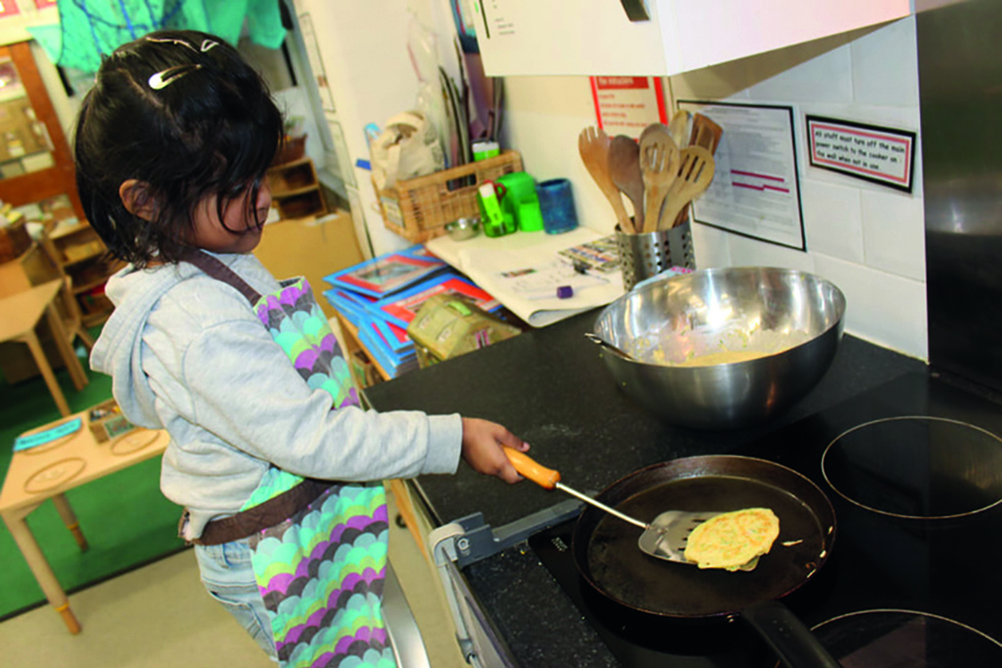
THE ENVIRONMENT
At school and in our community, we want to make a difference. We know that we can support not only our children’s thinking but also that of our families. So, we decided to make pledges we could commit to at school and at home to help protect the planet.
After reflecting on our use (and overuse?) of water in school – as a team and with the children – we decided to turn off our garden taps and use water only to water the plants, fruit and vegetables.
Each morning, children help staff to half fill one tub of water, which they can use for imaginative play. Now they use smaller containers and think about how they want to use the water.
Register now to continue reading
Thank you for visiting Nursery World and making use of our archive of more than 35,000 expert features, subject guides, case studies and policy updates. Why not register today and enjoy the following great benefits:
What's included
-
Free access to 4 subscriber-only articles per month
-
Unlimited access to news and opinion
-
Email newsletter providing activity ideas, best practice and breaking news
Already have an account? Sign in here
